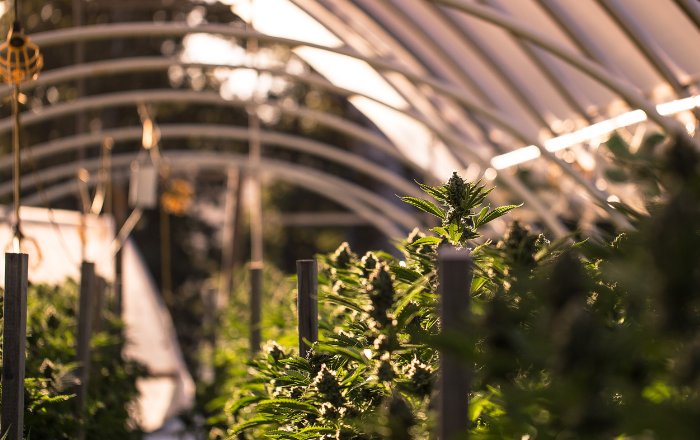
IFRS Biological Assets in the Cannabis Industry
 In the cannabis industry, the current trend is going public on a Canadian stock exchange through a reverse merger. Going public provides access to vast amounts of funding and high valuations that allow cannabis companies to invest heavily in acquisitions, grow their brand, and gain market share. Part of going public in Canada is applying International Financial Reporting Standards (IFRS) to the financial statements. For the most part, cannabis companies have minimal changes to their financial statements between Generally Accepted Accounting Principles (GAAP) in the United States and IFRS, with the significant exception – Biological Assets.
In the cannabis industry, the current trend is going public on a Canadian stock exchange through a reverse merger. Going public provides access to vast amounts of funding and high valuations that allow cannabis companies to invest heavily in acquisitions, grow their brand, and gain market share. Part of going public in Canada is applying International Financial Reporting Standards (IFRS) to the financial statements. For the most part, cannabis companies have minimal changes to their financial statements between Generally Accepted Accounting Principles (GAAP) in the United States and IFRS, with the significant exception – Biological Assets.
The accounting guidance, International Accounting Standard 41: Agriculture (IAS 41), is very broad and was designed for farmers with livestock or crops that may take several years to fully develop. Because of the several year growth cycle of cattle, for example, under IAS 41 farmers are allowed to recognize additional gross margin on the financial statements for the fair value of the expected yield (meat) less the remaining costs to turn the cattle into the sellable product in the years prior to the harvest. In theory, farmers are recognizing a financial gain for the development of the inventory.
The guidance wasn’t developed with the cannabis plant in mind, which only has about a 3 to 4 month life cycle. Additionally, because most farms are privately owned and operate on a cost basis, the standard was likely not thoroughly vetted in practice prior to being introduced to the emerging cannabis industry. The proper guidance required for such a complex calculation was lacking and therefore, accounting firms needed to determine how to apply IAS 41 to cannabis financials.
On November 10, 2018, the Canadian Securities Agency (CSA) issued notice 51-357, providing their response to how the accounting firms have been applying IAS 41 to the cannabis industry. 100% of the 70 financial reports the CSA reviewed had deficiencies in disclosures and/or application. The notice doesn’t address the inconsistencies between public filers, but it provides some clarity to accountants serving the cannabis industry.
Management teams of companies going public in Canada need to be aware of the complexities of biological asset valuations. It is important to understand the required level of inventory records to accurately perform the calculation and not all state-mandated inventory software on the market has enough information. It is highly recommended to speak with an accounting firm that has significant experience with cannabis clients under IFRS standards for a positive IPO/reverse merger experience and outcome.
If you have any questions or would like to learn more about biological assets under IFRS in the cannabis industry, contact Calvin Shannon at cshannon@bridgewestcpas.com.